As most of our clients (and families) know, securities law is one of the more complicated areas in which to make a living. It’s not just because the rules are complex – most areas of the law require deep knowledge of complicated subjects. No, securities law is a grind because staying abreast of new developments can be a full-time job in itself. That’s because even basic securities law involves multiple, overlapping layers of regulations and enforcement mechanisms which govern nearly every securities matter, and securities lawyers need not only know the relevant rules, but also how they interact with often duplicative, sometimes contradictory securities rules and laws from the same or different jurisdictions, and (2) a great deal of the rules and business practices don’t come from laws or regulations at all, but from a constantly evolving universe of court decisions, plea bargains, administrative orders, no-action rules, legal opinions, and public filings.
Consider the sources of the federal securities laws we are likely to consider while representing a typical client in a securities law matter:
- Securities Act of 1933
- Securities Exchange Act of 1934
- Trust Indenture Act of 1939
- Investment Company Act of 1940
- Investment Advisers Act of 1940
- Sarbanes-Oxley Act of 2002
- Dodd-Frank Wall Street Reform and Consumer Protection Act of 2010
- Jumpstart Our Business Startups Act of 2012
Each of the above Acts gives birth to volumes of regulations instructing government agencies how to enforce its terms, and not just at the federal level; every state has its own securities laws and regulations, some of which are superseded by federal law, and some of which are not. Just for fun, add in the European Commission’s securities laws and the laws of any other country the client may do business in (though at least we get to call in foreign counsel for that). Finally, we have the ‘soft law’ we referred to above – SEC no-action letters, government staff guides and policy manuals, and any other ‘guidance’ that may be relevant. Heck, even the comments of SEC Staff may be exceedingly relevant to a securities law matter. And let’s not even get into the laws around digital currency – our ICO/DAO/STO clients face what seems like a new law every three weeks, with more to come.
All of those acts, laws, rules, orders, regulations, comments, guidance, and policies mean nothing unless they’re enforced, so an understanding of enforcement mechanisms of federal and state prosecutors, SEC staff attorneys, and federal and state magistrates and judges is crucial to giving responsible legal advice, and the best way to take the pulse of an enforcement agency is to read every SEC litigation release and complaint and every DOJ release and indictment you can get your hands on.
We understand just how difficult and stressful an SEC or fraud defense can be for a defendant, and we pride ourselves on treating defendants with the dignity that all people deserve. But every now and again, a case pops up that we just have to share – and maybe mock – because of its utter ridiculousness.
See, for example, today’s jointly released civil and criminal fraud actions against the Barksdale twins – John and JonAtina (yup) – who allegedly convinced up to 20,000 investors to invest some $124 million in their multi-level marketing crypto scam “Ormeus” and the ORME coin. What’s so entertaining besides their names? Every aspect of the case seems like it comes from a poorly written legal mystery novel.
It’s a heck of a name pair for what the SEC calls ‘modern snake-oil salesmen’, but there’s plenty more: How about the fact that their alleged business was crypto-mining or that their offices were in Panama and Hong Kong? Or that their charges stem, in part, from an insane ad they allegedly ran on the Times Square jumbo-tron essentially telling several hundred thousand tourists about the $250 million mining facility they owned (in fact, the SEC says they rented a small amount of space for their own miners in the building). There’s so much more, and if you have time for some fun legal education, we highly recommend you browse the filings above. You’ll likely catch a chuckle or two, all while learning just how important it is to make sure your company has securities lawyers who know how to keep you from ending up in John and JonAtina’s shoes.
Learn more about our firm here.


